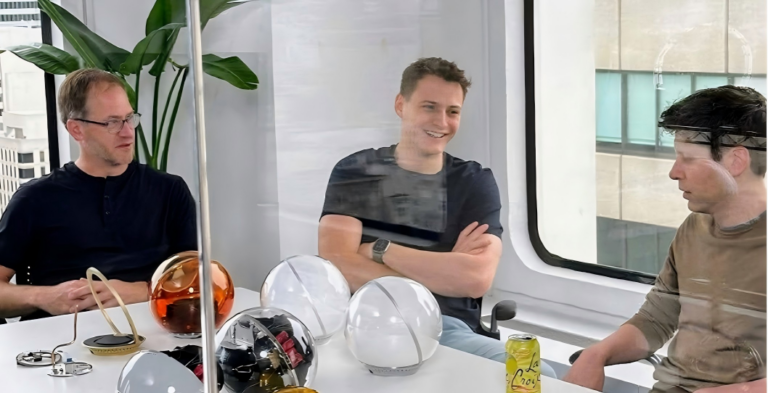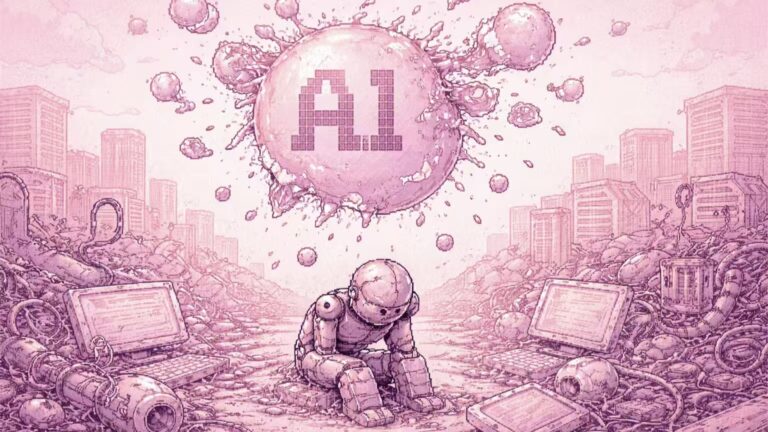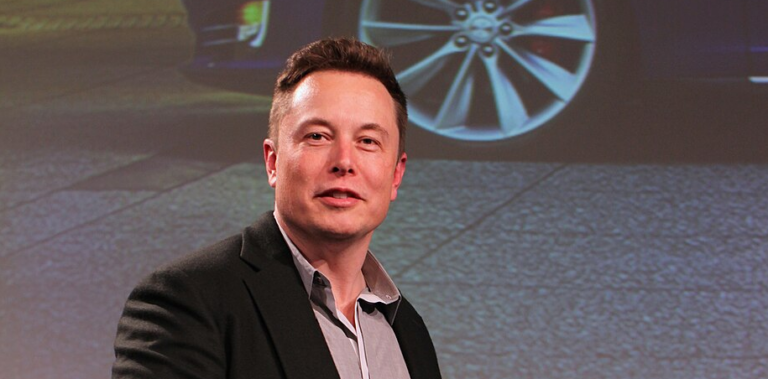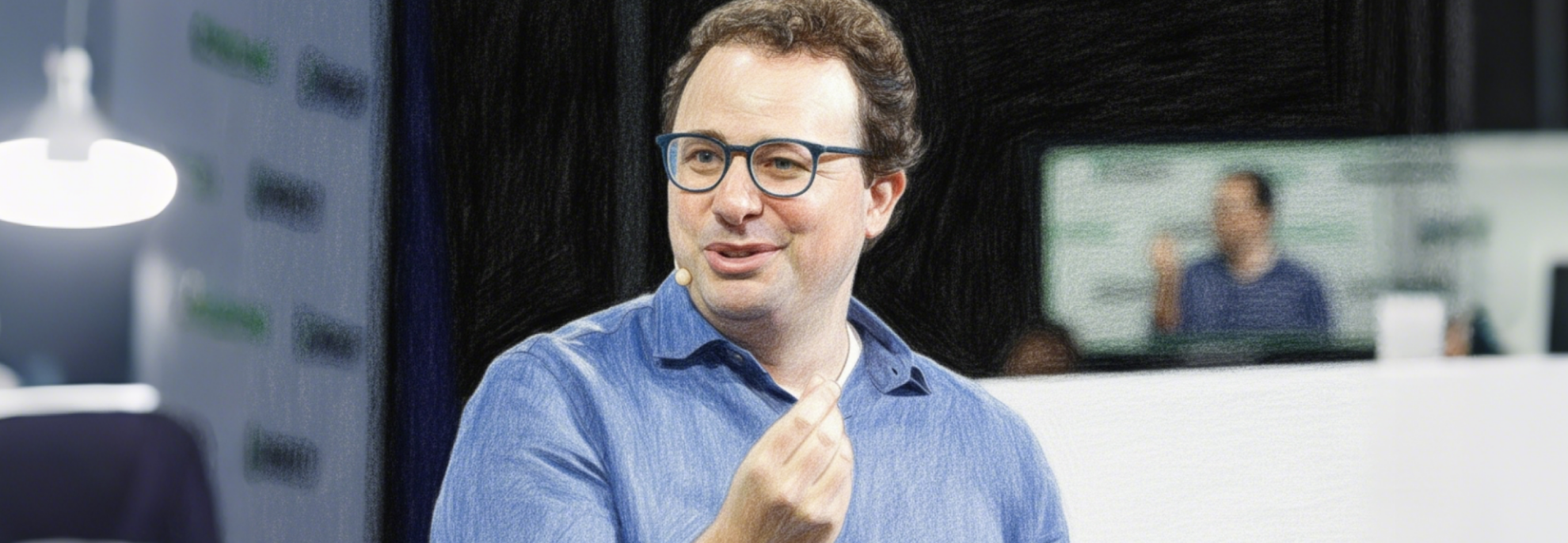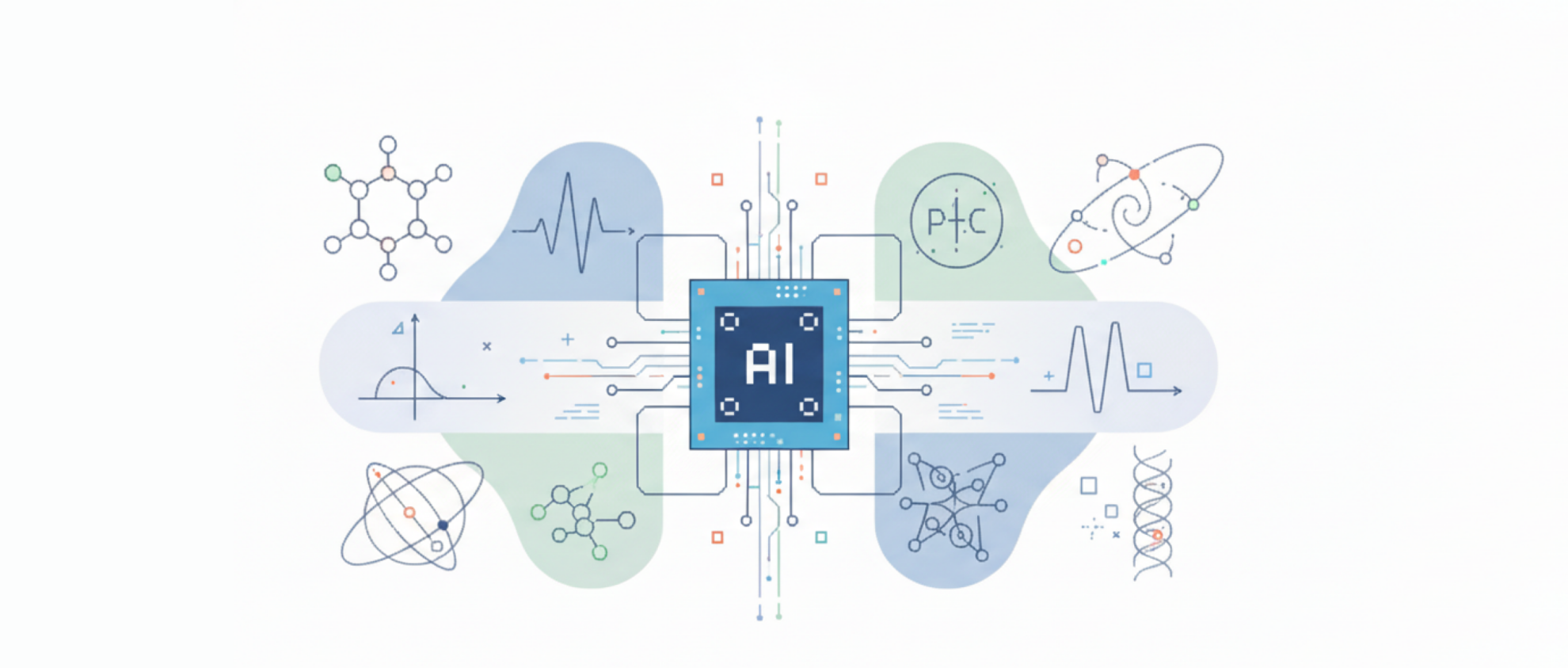Command Palette
Search for a command to run...
Elon Musk, Sam Altman, and Bill Gates Strongly Recommend These 10 must-read Books on AI, From Basic Science to Risk analysis.
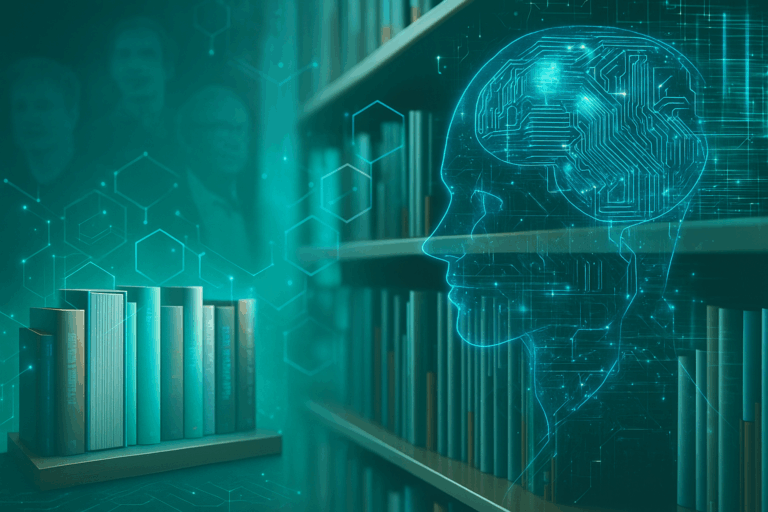
The National Day holiday isn't just a time for relaxation and rest; it's also a great opportunity to recharge and reflect. HyperAI has curated a list of must-read books on AI: from Elon Musk's reflections on the risks of existential crises and the founder of OpenAI's unwavering focus on the principles of intelligence, to popular science explanations of the fundamentals of machine learning and practical guides for industry implementation. This holiday, broaden your horizons with reading and grasp the present and future of artificial intelligence.
Human Compatibility: Future Risks of AI Development
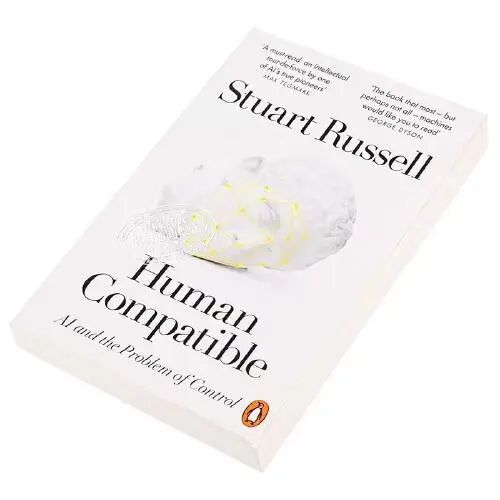
If we can really create intelligence that is more powerful than humans, can it still be controlled by humans? In fact,Musk continues to focus on the sharp topic of "AI may lead to the end of human destiny."Stuart Russell, an authority in the field of artificial intelligence, explores the relationship between AI security and the future of humanity in his book Human Compatible.In his book, Russell proposed a “human-compatible” view of intelligence, arguing that future AI should improve existing goal-setting models to ensure that it can truly serve the overall interests of humanity.
This book is considered a landmark popular science in the field of AI safety, and has triggered a lot of subsequent research and discussions in the academic community. The discussion on "human value alignment" has now almost become a common concept in European and American policies.Former world's richest man Bill Gates also praised this book for its clarity and ease of understanding in his recommended book list. Media outlets such as The New York Times, The Guardian, and The Financial Times generally gave it positive reviews, believing that it combines technical insights with popular understanding.
"Life 3.0: Humanity in the Age of Artificial Intelligence": How will artificial intelligence reshape human civilization?
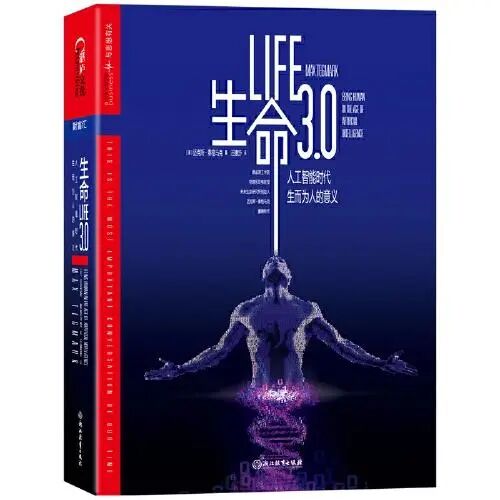
In LIFE 3.0, MIT professor Max Tegmark explores possible paths to ensure that technological progress is aligned with humanity's future goals.In his book, he proposed the evolutionary stages of "Life 1.0, 2.0, and 3.0": 1.0 is gene-driven organisms, 2.0 is culture-driven humans, and 3.0 is the future life form shaped by artificial intelligence.From an optimistic "prosperous utopia" to a pessimistic "technocratism," the author emphasizes the need for humanity to think ahead and shape a diverse future. This is also a rare book on Musk's list that holds the view that "artificial intelligence will benefit humanity's future."
The book spans physics, philosophy, ethics, and computer science. It is both scientifically rigorous and full of futuristic imagination. It is hailed as "a must-read for thinking about the relationship between AI and the future of mankind."The book was on the New York Times bestseller list for two weeks and was included in the "Best Books of 2018" list by former US President Obama.
Superintelligence: Paths, Dangers, and Strategies: When AI surpasses human intelligence
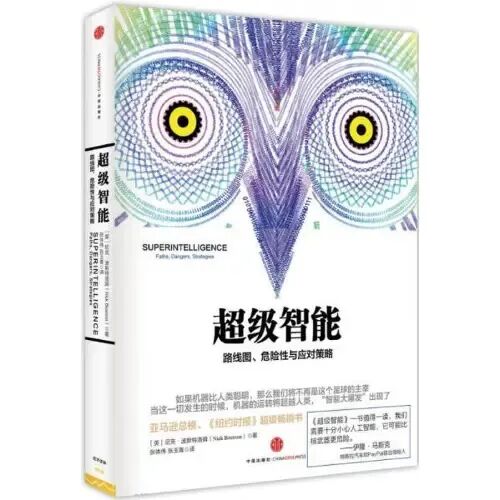
Musk has repeatedly stated that humans need to be extremely cautious about AI, and that "AI may be more dangerous than nuclear weapons." Therefore, "Super Intelligence" written by Oxford University philosopher Nick Bostrom has been included in his reading list.This book almost laid the academic foundation for AI risk research. From the perspectives of philosophy and futurology, the author analyzed various possible technical routes such as "whole-brain simulation" and "artificial evolution", and proposed the hypothesis of "intelligence explosion", arguing that after machines begin to self-optimize, they may far surpass humans in a very short time.
In addition to Musk,Bill Gates, Hawking and other technology leaders have publicly recommended this book. The book has been on the New York Times bestseller list.Media outlets such as The Guardian and The Economist believe that it has pushed AI risk issues into the mainstream.
Fundamentals of Plasma Physics: From Scientific Principles to Technological Innovation
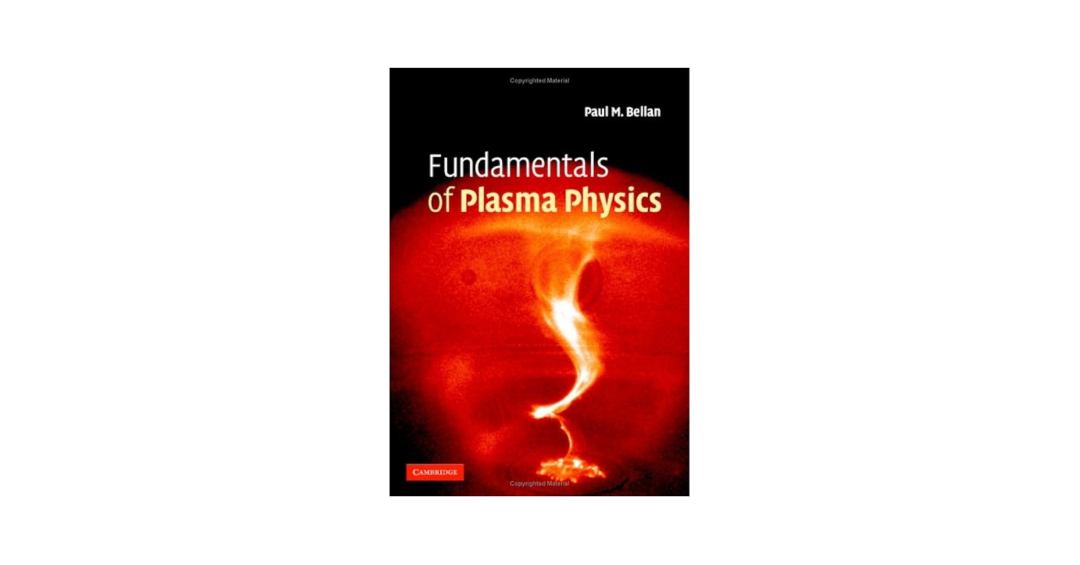
For tech entrepreneurs, cross-disciplinary thinking is itself a crucial driver of advancements in AI and other cutting-edge technologies. Compared to Musk's far-sighted vision for humanity's future, OpenAI founder Sam Altman seems more interested in pondering the underlying logic of the physical world. Sam Altman's selected book list includes "Fundamentals of Plasma Physics" by Paul M. Bellan, a professor at the California Institute of Technology. The book systematically explains the basic principles of plasma movement, fluctuations, magnetic field effects, etc., and is a classic physics textbook.
Currently, the translated version of this book is widely used in universities around the world. At the same time, because the author has taken into account the presentation of both theory and experiments in the book, it is very suitable for cross-disciplinary learners.
Blitzscaling: How to Go from Startup to Global Giant
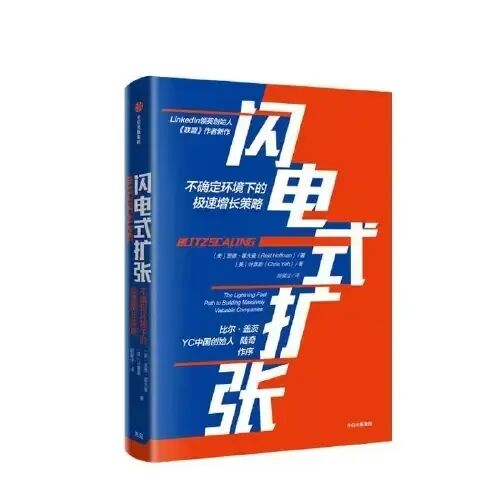
In addition to the underlying logic of the universe,Sam Altman is also keen on understanding how to quickly build highly valued companies in the startup phase.He believes that for anyone interested in understanding rapid growth strategies and wanting to take a company from a startup to a global giant, Reid Hoffman's "Blitzscaling" is a must-read. The author puts forward a controversial but far-reaching concept:In emerging markets, speed is often more important than efficiency. When faced with a window of opportunity, companies must sacrifice short-term efficiency to seize market share and user scale as quickly as possible.
In Silicon Valley, this book and the concept of "lightning expansion" were once regarded as the bible of entrepreneurship.
The Rise of Tech Giants Like Google and Facebook
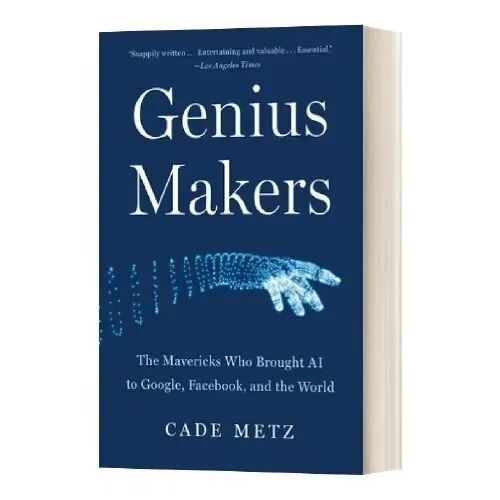
"Genius Makers" is a technology news work that tells the story of key figures and events in the rise of AI by technology giants such as Google and Facebook.The author Cade Metz is a technology reporter for The New York Times. Through extensive interviews,Outlines the stories of the "AI Big Three" including Geoff Hinton, Yann LeCun, and Demis Hassabis, and how breakthroughs around deep learning are changing the technological landscape.
In discussions in the media, book reviews, and technology circles, this book is often recommended to readers who want to understand the progress and competitive landscape of modern AI. Whether you are an industry novice who has just started to learn about AI or a beginner who wants to review the development of the industry, this book is the best choice for recommended reading.
Machine Learning: A Systematic Guide to Getting Started
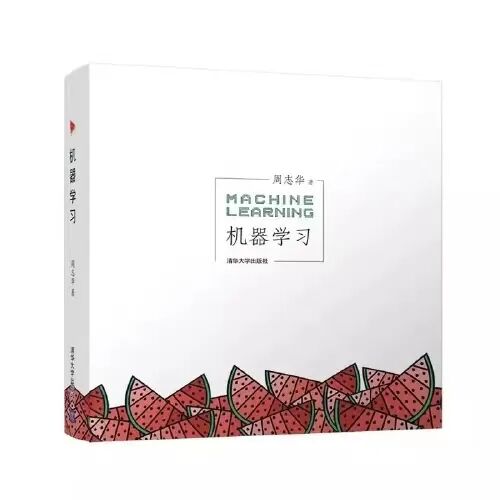
Technology novices want to understand and use AI with zero foundation."Machine Learning" published by Tsinghua University is a good entry-level practical guide.Professor Zhou Zhihua's "Machine Learning" is one of the classic machine learning textbooks in China. It systematically introduces core methods such as supervised learning, unsupervised learning, integration methods, neural networks, etc., and is supplemented by mathematical derivation and case analysis.
Although it is an academic textbook, the writing style is relatively clear, and with a large number of illustrations and examples, it is suitable for readers with a certain foundation to learn step by step. "Machine Learning" has a high score of 9.1 on Douban and is widely recognized on the inside pages. It is an authoritative work for understanding the logic behind AI tools and algorithms.
AI in Progress: Comparison and Prospects of AI in Chinese and American Industries
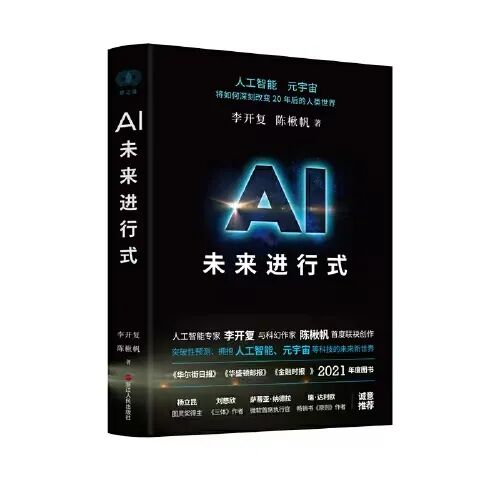
As an investor and technology leader with deep experience in the technology circles of China and the United States,In his book "AI: The Future in Progress", Kai-Fu Lee compared in detail the differences between China and the United States in AI technology and industrial implementation: China has huge advantages in data and application scenarios, while the United States leads in basic research and technological breakthroughs.The book not only covers the application prospects of industries such as healthcare, education, and finance, but also discusses the impact of artificial intelligence on employment and social structure. It is a good reference for readers who want to understand the global AI industry landscape.
Liu Cixin and Microsoft CEO Satya Nadella have both recommended this book. In 2021, the English version of this book was named one of the recommended books of the year by media outlets such as The Wall Street Journal, The Washington Post, and Financial Times.
"Intelligent Era": Big Data and the Intelligent Revolution Redefine the Future
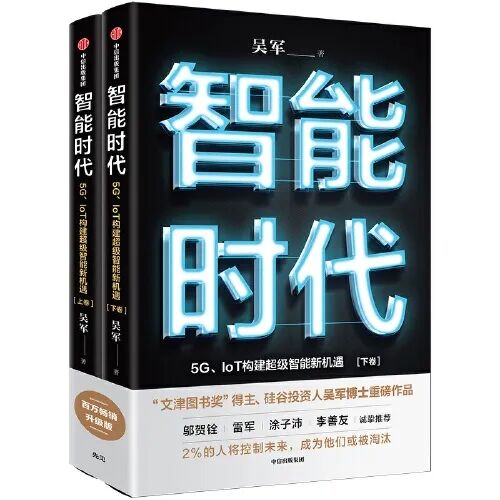
As AI sweeps the world, big data and artificial intelligence have gradually outlined the future technological blueprint.The book "The Intelligent Era" written by Wu Jun, a computer science doctor, closely follows the core theme of "Big Data + Artificial Intelligence" and describes key principles such as machine learning and neural networks.At the same time, it combines industrial development and social applications to explain how AI reshapes industries such as finance, healthcare, education, and transportation.
For readers who want to quickly understand the background and major trends of AI, this book is both an introductory reading and a reference guide for thinking about the future.
Applied Artificial Intelligence: A Practical Handbook for Business Leaders: A Guide to Implementing AI
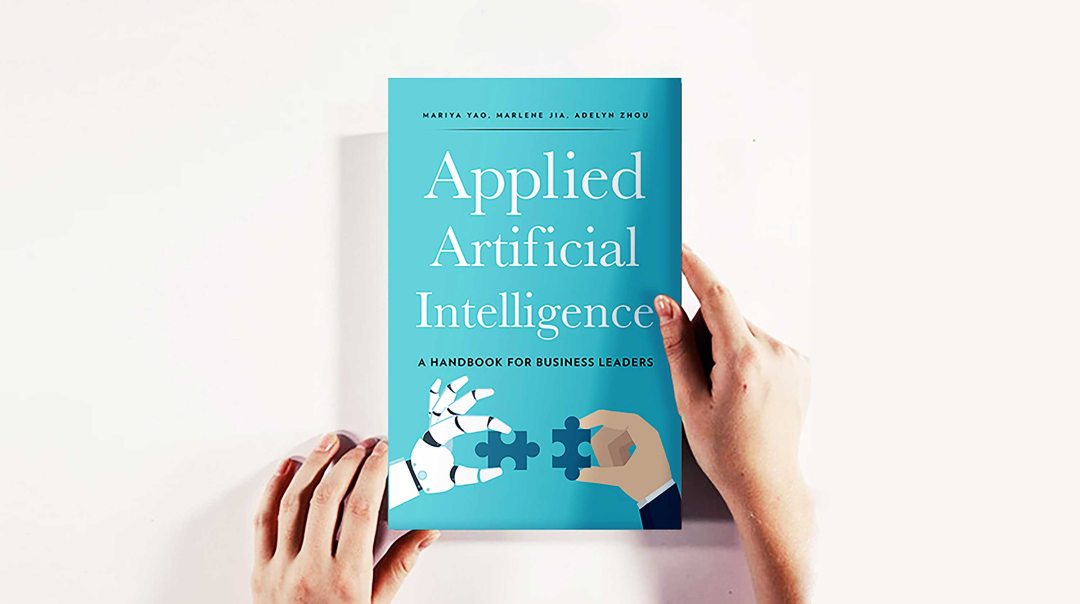
Mariya Yao's book "Applied Artificial Intelligence: A Handbook for Business Leaders" is designed for business decision makers and managers. The author deliberately avoids excessive technical details.It focuses on how to implement AI within the enterprise, providing a complete process from demand identification, data preparation to team building and project implementation, and also interspersed with real cases from multiple companies.
"Applied Artificial Intelligence" has received a high score of 4.6 stars on Amazon.Readers on Goodreads generally believe that this book is sufficient as a starting point for business leaders to understand AI.
The above is the list of books recommended by HyperAI. Welcome to share your reading experience in the comment section.
